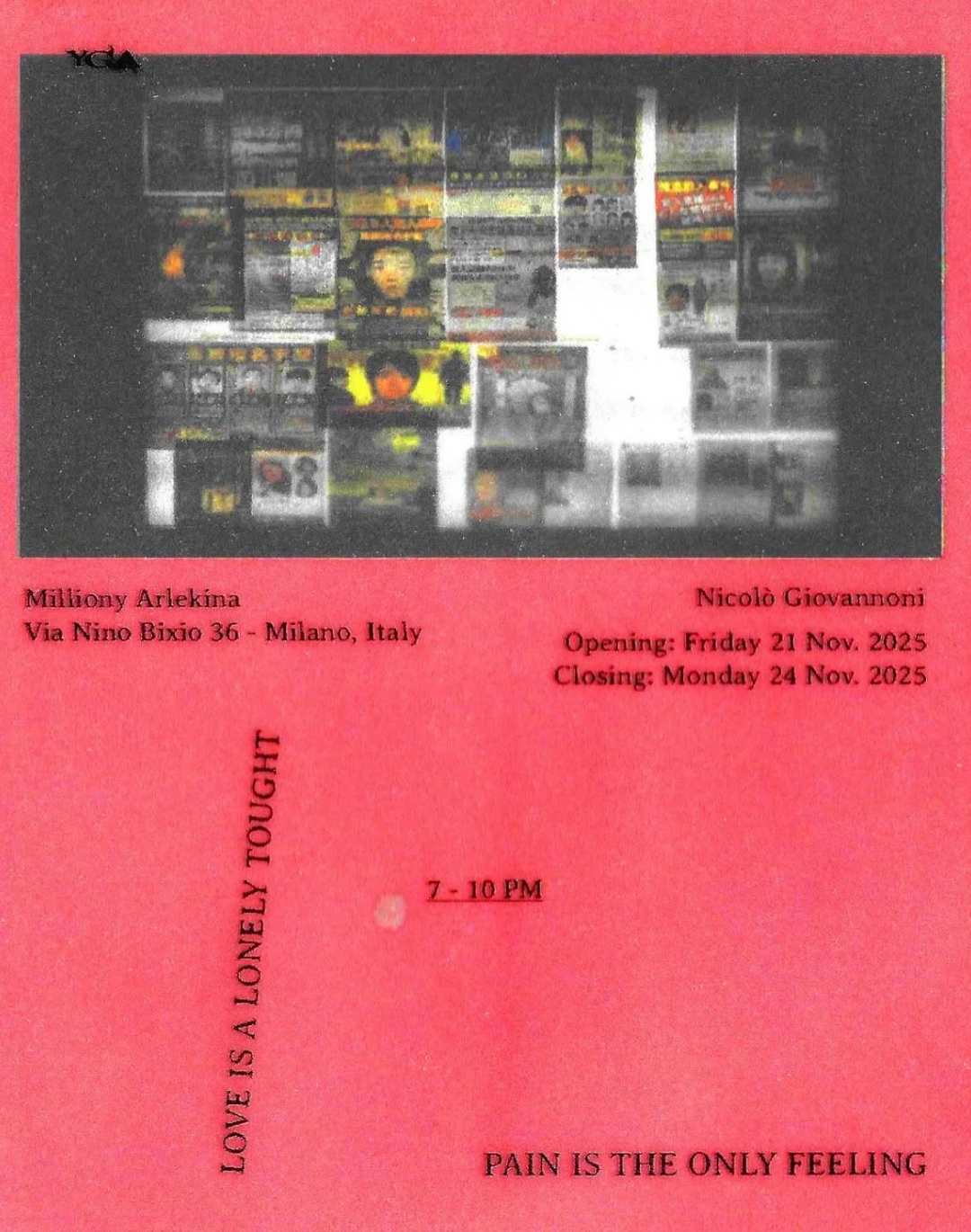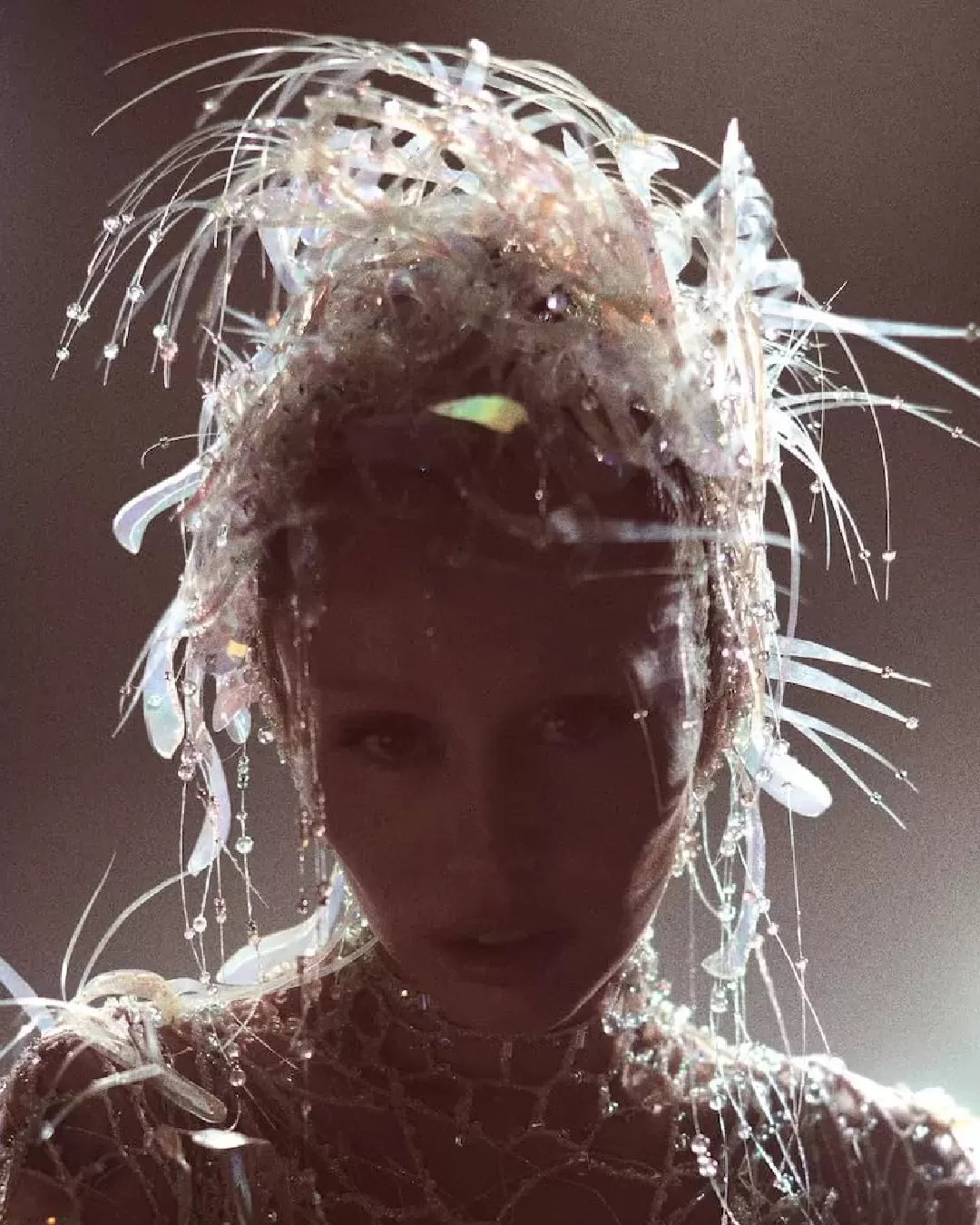
Evisu and the story of how Japanese denim conquered the world From the Osaka district to the rap videos, how Evisu re-invented denim
It all started (more or less) with James Dean. The almost obsessive fascination of young Japanese for American aesthetics coincides roughly with the release of Rebel Without a Cause, in 1955, in which Dean wears a pair of jeans. It was in the post-war period that the Ametora developed, - "American Casual" - a new subculture that arises from the Japanese attraction for American denim, for its iconicity and for its narrative power. Ametora had all the connotations of a subculture, even in its subversiveness:
«I think the only clothing that can cause controversy (is) jeans. They became the symbol of outlaws. Students wore jeans to college, and the professors would not allow it because they were too ‘sexy'», recounts Masayoshi Kobayashi in the documentary Weaving Shibusa.
Kobayashi is the founder of The Flat Head, a denim brand in Nagano prefecture, in 1996, born around the same time that Osaka 5 was formed in Osaka, of which Weaving Shibusa tells the story.
The Osaka 5 are, in fact, five denim brands that have formed in Osaka, is that have contributed to the creation of the myth and style of Japanese denim. Studio D'Artisan, Denime, Evisu, Fullcount and Warehouse were all born, in this order, between 1980 and the mid-1990s, collecting the legacy of Kojima Denim Street, where in the 70s, BIGJOHN and Kurabo Mills gave birth to the first Japanese denim ever, KD-8. The imagery of the Osaka 5, however, was the one that first managed to conquer the foreign market, managing to turn the buying prospect: it was no longer the young Japanese who bought the old Levis' Americans, now the Americans wanted at all costs jeans Japanese. The first real brand to succeed was Evisu. W. David Marx, in his book Ametora: How Japan Saved American Style writes that Evisu was the first Japanese denim brand to sell for real to Americans and, above all, the first to convince an audience that went beyond the Japanese niche that the future of denim high-end passed from Japan. In some ways, therefore, Evisu invented - for the West - the very concept of Japanese denim.
Evisu was founded in 1991 by Hidehiko Yamane. Yamane worked in one of Osaka's most popular stores, Lapine, famous for being one of Levi's deadstock's biggest importers, and for the denim proposal Studio D'Artisan, the first of Osaka 5 and, together with Evisu, the main stylistic innovator Japanese denim. Yamane then puts his brand on its feet, calls it Evis as Ebisu, god of fortune and fishermen (the depiction of the god will become the logo of the brand) but especially as Levi's without an L, and draws on the pockets of stylized seagulls that also resemble the Levi's bows: "The paint was half joke. I never thought anyone would buy them," Yamane said. The style, the research in fit and the quality of Evisu immediately lead the brand to be a success, so much so that Yamane adds a "u" to the name of his brand so as not to run the risk of being confused with Levi's. Evisu's daily production did not exceed 14 units, and the "gulls" were hand-painted by Yamane, returning all the luxury craftsmanship of the product.
The success that brings Evisu to the United States, however, actually passes from Great Britain, and from a partnership that Yamane manages to establish with a Hong Kong businessman, Peter Caplowe, founder of The Hub, which allows him to export his jeans to the UK. Denim, sold in some of London's best stores, such as Duffer of St. George, quickly became a recurring item in mid-90s London's cultural scene, especially in that clubbing world made of acid house, garage and hip hop. It is for this reason that the collaboration between Evisu and Palace was advertised as a tribute to the important role played by the Japanese brand in the London clubbing scene of the 90s and early 1900s, with the involvement - at launch - of MC Skibdee, legendary DJ jungle and drum 'n bass of London. From there to David Beckham, the jump was immediate: the then number 7 of Manchester United - and one of the most popular footballers in the world - is photographed wearing an Evisu, and only a few weeks later the Scotland Herald, Scotland's oldest newspaper, reports the news of the story of Beckham's purchase of a particular model of Evisu. An Evisu with five 18-carat gold buttons - made in just 100 pieces - was shipped to London directly from Dundee, on the orders of Evisu himself, so that Beckham could get his model in size 32.
At that time, we are in the early 2000s, Evisu has already become a cult brand in what are the dawn of streetwear. Also in the United States, where he began to circulate among rappers: in 2002, Jay Z mentioned the brand in his song Show You How, ("This ain't Diesel, nigga, these is Evisu"), and then showed up on stage at the BET Awards wearing a pair of Evisu. A few years later Beyoncé, in the Destiny's Child Lose My Breath video, also wears one of Evisu's most iconic models, the one with the giant "gull", drawn all over the back of her jeans. But even Lil Wayne, Young Jeezy, TI have often mentioned the brand within their lyrics, a brand that costume designer June Ambrose - who has often been credited as the person who brought Evisu to the States - inserts into Belly, the film hype Williams still considered today one of the cornerstones of the gangsta-movie, testifying to how the Evisu aesthetic had become part of the common language of American street culture. Above all, Evisu seems to symbolize more than any other brand the adoration that the American fashion industry felt towards Japanese processing techniques. Evisu represented a "luxury" product, at a time when the new luxury and the contamination between high fashion and streetwear were still far from becoming a reality.
By the time all the streetwear brands were beginning to conquer their important slice of the market, from Supreme to Bape to Stussy, proposing those pieces that will then be considered the fundamentals of streetwear (t-shirts, hoodies and sneakers on everything), Evisu found the way to make yourself complementary to them, going to cover that hole on the production of high quality denim. From the peak period onwards, Evisu's story became more mysterious. The huge commercial success leads the brand to open up to the production of an entire line of apparel and a women's line. Above all, the popularity of the brand in Asia leads to the opening of a considerable number of stores in China, where part of the production also moves. And it was from the Chinese supply chain that all the products then sold on the international site of Evisu arrived, for about 200 dollars, while the authentic Japanese denims continued to be on sale only on the Japanese site - or paying a surcharge of about 700 dollars. Beyond two stores in London, Evisu has never been able to open a store in the United States: rumours in 2006 she had gone close to opening a store in Soho, Manhattan, in the immediate vicinity of BAPE, but the subsequent sub-prime mortgage crisis erased adventure even before he was born.
From the mid-1900s onwards, the Western market and press began to lose track of Evisu, the fault of changes in Western fashion trends, a massive shift towards China and a change of ownership. Until Travis Scott was spotted in Evisu last November and the announcement of the collaboration with Palace the only way to receive some news about Evisu and its latest collections was the South China Morning Post. The growing interest, however, around archival fashion, the return of denim and the advent of the new luxury are, however, all conditions that play in favor of the brand, which leveraging its Japanese craftsmanship can return to being an important player in the complex system of modern fashion system.











































































